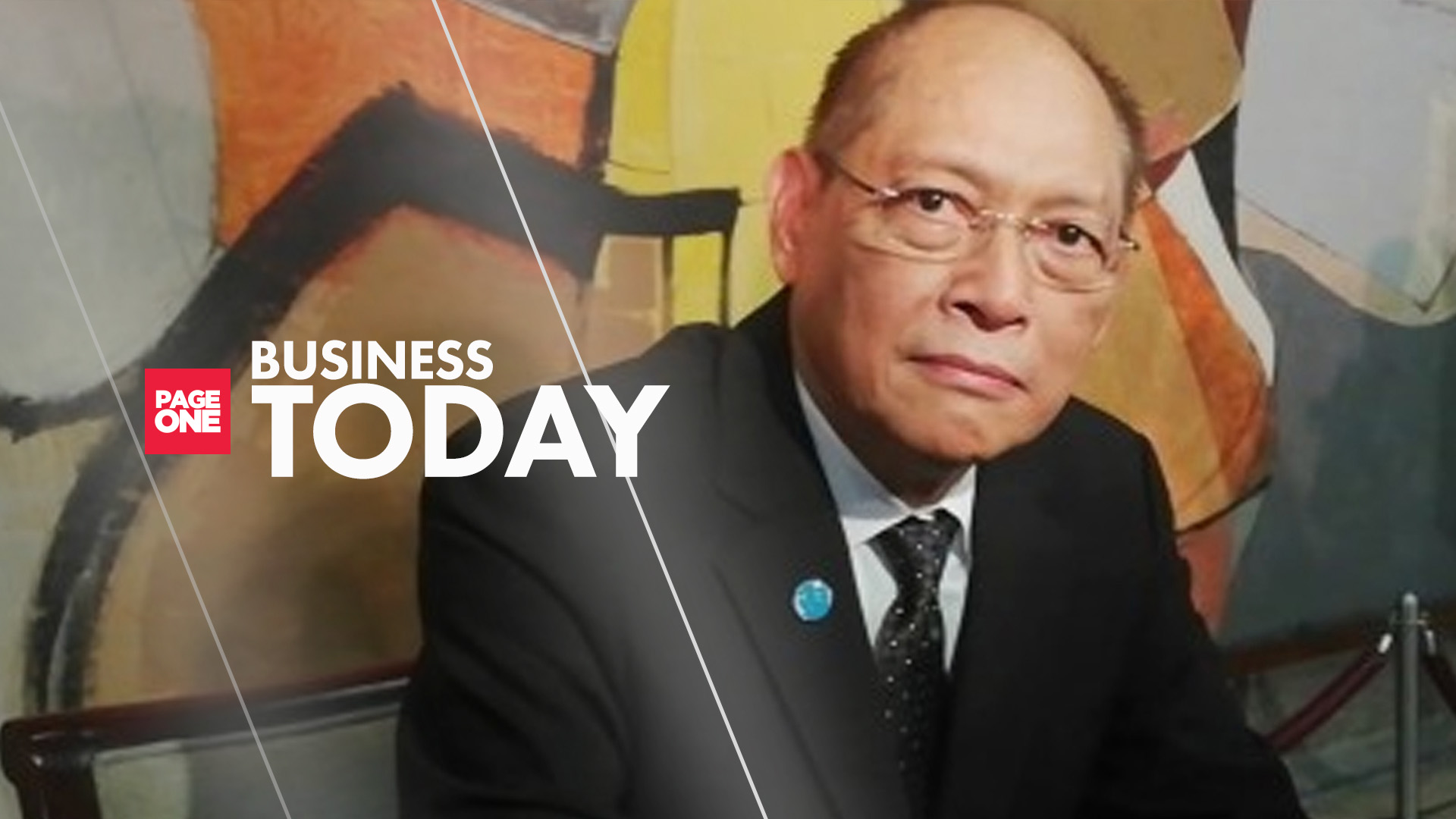The government is working with the International Monetary Fund (IMF) for the conduct of a study aimed at addressing the low value-added tax (VAT) efficiency in the country.
“We actually talked with the IMF and we asked them to conduct a study on where we can improve on broadening the tax base,” Department of Finance (DOF) Secretary Benjamin Diokno said in a press briefing in Malacañang on Tuesday.
“Meaning, maybe we find areas where we can recover the too much exemptions. For example, one exemption is the cooperatives – a lot are not paying VAT because of the cooperatives. So, the IMF study will tell us how do we recover kasi 0.4, that’s really poor… poor performance.”
Diokno said while the Philippines has the highest VAT rate at 12 percent, VAT efficiency is only at 40 percent due to exemptions.
He said before the passage of several reforms, the Philippine Tax Code contains about 56 lines of exemptions and 84 additional exemptions in special laws.
“From 2016 to 2020, the Philippines collected an average PHP723 billion from VAT, which is only 40 percent of the expected VAT collections,” Diokno said.
“We are only collecting 40 percent and that’s because of a lot of exemptions. So, the various incentives and exemptions granted outside the Philippine Tax Code erode the revenue base and this requires the establishment of safeguards in tax administration to prevent abuse, which further inflates the true cost of granting incentives.”
He cited a study conducted by the World Bank indicating that the policy gap or the supposed tax collection and what is collected could reach as high as PHP539 billion.
Diokno explained that when the government made the distinction between export and domestic market enterprises, it favors giving incentives to export-oriented firms because they are competing with the rest of the world and should not be put at a disadvantage.
“Whereas if you are locally-based, then you are competing with other local domestic industries and therefore you should not be given a lot of incentives. So, to sum up, the distinction between registered exporters and domestic market-oriented enterprises must remain to preserve the integrity of our tax framework. So, ito iyong (these are) arguments why we need to help those who are export-oriented and why we need to tax the domestic firms,” he said.
Diokno said the country’s current revenue system is working well.
“It’s not a perfect system so we will look for improvements but right now, our revenue system is doing well,” he added. (PNA)








